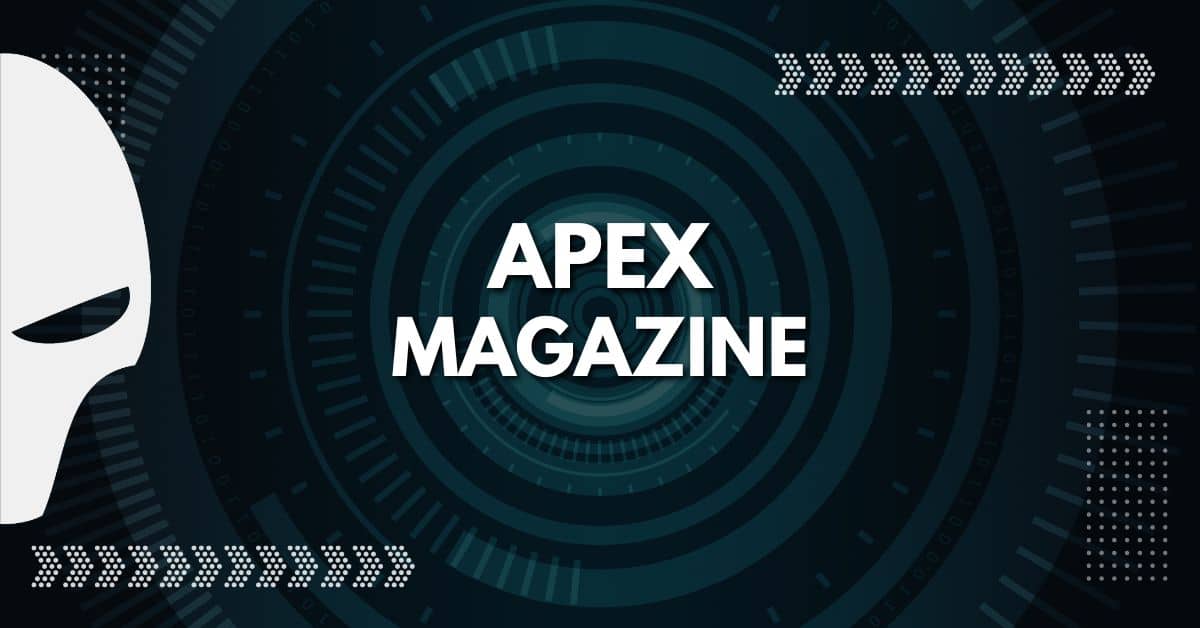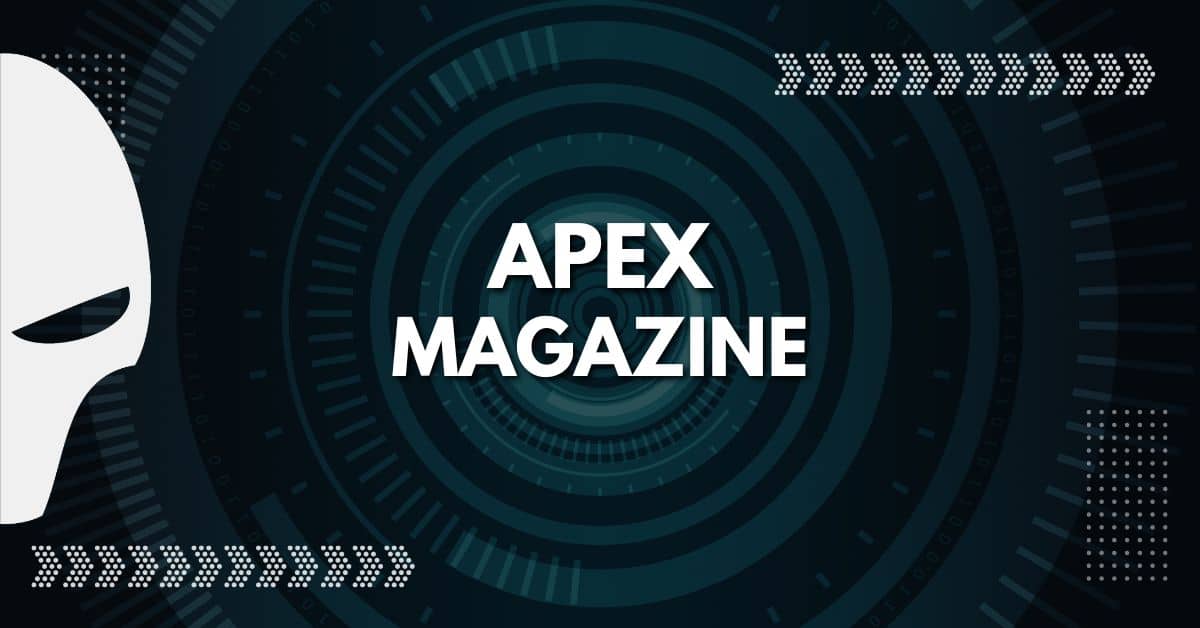
Let’s talk about Strong Female Characters. If you write or read (or watch or produce or edit or otherwise interface with) entertainment featuring lady protagonists, you have probably talked about those three little words quite a lot. Maybe you are talking about them right now, even.
“Strong Female Characters” is one of those phrases that used to mean something to me but now kind of doesn’t (much like the word “hipster,” which has been ground so mercilessly through our popular vernacular that it could currently be applied to something as vague and innocuous as, say, someone wearing a really annoying hat. “Oh, my God. What a hipster.”). When I used to talk about Strong Female Characters — with verve! With passion! With pointy fingers gesticulating everywhere! —I think I meant a character who had a strong presence, who wasn’t relegated to a throwaway supporting role, who drove the story in some way.
But these days, those three words seem to be saddled with a great deal more meaning than that. Now when someone asks you, “Do you think so–and–so is a Strong Female Character?” they don’t just mean, “Does she drive the story?” They may also mean, “Does she have a shitload of swords and rayguns and superhuman kickass robot–fighting abilities and a stunning catchphrase I can repeat for the amusement of my Strong Female Character–loving peers?” Or, you know, some other incredibly specific criteria. It all depends on who’s asking.
Recently, I’ve noticed one particular piece of Strong Female Character criteria entering the fray with alarming regularity:
“Is this character a good role model?”
I’ve heard this question asked of creators in all mediums who write female protagonists, I’ve seen it appear in gif–laden blog posts and angry one–star Amazon reviews. I have been asked this question regarding female characters I’ve written. Maybe I’m missing something, but I don’t see it being applied with the same frequency — or, you know, at all — to male characters. I don’t see this question asked about Wolverine or James T. Kirk or Han Solo, but I see it regularly raised when it comes to Emma Frost and Buffy Summers and Elena Gilbert.
I don’t get this question. I don’t understand what it means.
This could be because I think of a “role model” as an upstanding citizen whose behavior you wish to emulate at every turn and 1) that sounds like an incredibly boring, conflict–free character and 2) the characters I’m most drawn to are usually prone to earth (or galaxy or multiverse) shattering mistakes, poor decision–making skills, and giant sass–mouths that get them into trouble. And as with Strong Female Characters, being deemed worthy of the “role model” label seems to indicate the character must meet a set of very specific criteria: criteria that is, once again, created by whoever’s asking the question.
For instance: here’s a picture meme that went around a couple years ago, a collage contrasting female characters in sci–fi/fantasy television with the “women of prime time,” i.e. female characters featured on more “mainstream” shows.
I saw this posted on more than one friend’s Facebook wall accompanied by the smug exclamation, “See? Genre entertainment has way better role models.”
And yet, what is this collage actually doing? It assigns qualities to women on both sides of the divide — and without much knowledge of the actual characters since Meredith Grey is also a doctor, Debra Morgan is also an officer, and Blair Waldorf would likely clock anyone who dubbed her “dependent on a man” with one of her gigantic headbands. It then declares one set of these qualities to be clearly superior. I don’t want to derail us too much by analyzing every single bit of what’s wrong with this collage; the main thing I want to get into is its premise that there is one certain, specific way to be Strong and the ladies on the mainstream side of the grid are doing it wrong. Carmela Soprano standing up to her mob boss husband, Elaine Benes having the balls to show off her terrible dancing in public, Pam Beasley finally realizing her emotional truth and going after the guy she really wants: these things apparently don’t count. They are not actions worthy of the “role model” label. This, to me, makes very little sense.
Here’s another collage–riff on that same idea, which posits in big, bold letters that “geek culture” has better role models than “pop culture”:
Notice that the only fictional character in the “pop culture” column is poor Bella Swan from Twilight (I think her position as protagonist of a vampire series makes her at least geek culture adjacent, but I know that’s an argument for another time). Bella really got me thinking about this role model question, because I feel she’s one of the female protagonists who gets slammed most regularly with “bad role model” accusations. “What of the young girls following Bella’s freesia–scented adventures?” her critics say, their brows knitted in concern. “What’s to keep them from imitating all of her behavior and getting into a relationship with a creepy stalker dude who’s over a hundred years old and still trolls high schools to pick up chicks?”
This is another aspect of the female role model question that flummoxes me because it places a weird presumption on the female reader: that we are not smart enough to recognize when a character makes a bad decision or is living in a fantasy world or does something that we should maybe not try in real life. I’m not denying that there are potentially problematic aspects of Twilight to discuss, but I’d also like to point out that I read a lot of V.C. Andrews during my developmental years and still somehow managed to not become a vengeance–bent attic–dweller who thinks the most romantic thing in the world is marrying her brother. (And I’d note that near the end of the Twilight saga, Bella becomes not just a vampire, but the strongest, glowingest, arm wrestingly–est vampire ever and nearly crushes Edward with her newfound strength. Role model–worthy? I don’t know, but it’s certainly my favorite part of the entire thing.)
§
Despite my confusion over and distaste for the “is she a good role model?” query, I have used the term “role model” to describe characters I’ve identified with or looked up to over the years. And recently, someone said something that gave me a bit of insight into the idea behind the question.
The protagonist of my novella, One Con Glory, is an opinionated geek girl with a set of very specific obsessions. When I’ve been asked if I think she’s a Strong Female Character, I’ve always said yes, because she’s the protagonist, she drives the story, and yes, she has a giant sass–mouth that gets her into trouble. But I had a fellow fangirl tell me she didn’t think the character was “a good role model” because she is too grouchy and flaw–ridden to “represent geek girls.”
Now on the one hand: I don’t think any character should have the responsibility of representing an entire group of people. On the other, this point helped me understand at least part of the role model question. Because when you feel you’re underrepresented in popular culture (and pretty much everyone aside from white, straight dudes is), the characters who pop up that do represent some part of your identity carry extra weight and importance. When I see a geek girl character or an Asian–American female character or a mixed race character, I pay more attention, because I’m hoping she’s going to be awesome and yes, I’m probably also hoping she’s going to represent at least a little of my experience. I may have, for instance, placed quite a bit of expectation and hope on Demora Sulu (Jacqueline Kim) in Star Trek Generations, even though she only appeared for a few minutes and didn’t get the chance to do a whole lot.
And as I looked at the question from that angle, I thought more about the characters I’ve called role models over the years. I decided to take a look at a small sampling and spell out the reasons why these characters are role models for me:
*Lois Lane as portrayed by Margot Kidder in the Superman movies: Smart and good at her job and uses her sass–mouth to order Clark Kent to go get her a burger and some orange juice.
*Major Kira Nerys as portrayed by Nana Visitor in Star Trek: Deep Space Nine: Outspoken and forthright and knows how to stomp around in stompy boots, all while wearing a not–entirely–flattering shade of orange.
*Menolly from Anne McCaffrey’s Dragonriders of Pern series: Overcomes great adversity to become a kickass musician with a whole posse of fire lizards.
*Daisy Steiner as portrayed by Jessica Hynes in Spaced: Funny, writerly, very enthusiastic about theme parties.
*Phoenix/Jean Grey of the X–Men: Brave, kind, has insane superpowers, puts up with both Cyclops and Wolverine.
But you could also look at all of these women from the other side of the “role model” coin and possibly find them wanting.
*Lois Lane: Smart… but not smart enough to realize that Superman and Clark Kent are the same person and also that the dude is way cuter with glasses.
*Major Kira: Impulsive, angry in a way that is sometimes detrimental to her career, makes questionable relationship decisions.
*Menolly: Doesn’t always speak up for herself, is one of those girls with almost no female friends, has a creepy romantic fixation on her much older mentor figure.
*Daisy Steiner: Somewhat delusional, makes awkward hand gestures, has an emotionally codependent relationship with her supposedly platonic roommate.
*Phoenix/Jean Grey: Dies a lot, puts up with both Cyclops and Wolverine.
You could use these qualities to dismiss these women, to say they are not worthy of the “role model” label. But you also can’t have one side of these characters without the other: what some may perceive as their flaws or shortcomings are also what make them complex and compelling and admirable to me. I love their mistakes as much as I love their cleverness and bravery and fire lizard corralling abilities. That is my personal take on them.
And I think that’s the key, here. Role models are personal. Role models should be personal. We need to recognize that the term doesn’t mean one single thing, that a “role model” doesn’t have to be a character who is perfect, that every person gets to define what a “role model” is for her. Our own individual criteria for role models is going to vary from person to person, from writer to writer, from reader to reader.
It’s problematic when we ask if a female character is “a good role model,” when we look at her with an arbitrary list of criteria in hand, as if it’s some sort of weird test she has to pass in order to be considered worthy or to be a Strong Female Character. Because when we ask in that generalized way, we mean “a good role model for everyone.” That character does not exist. And male characters never seem to be put to the same test.
But we can still seek out our own personal role models in fiction.
Lois Lane, Major Kira, Menolly, Daisy, Jean Grey: are these characters good role models? Maybe not for everyone. But they are for me. They are my role models.
And if you try to tell me I’m wrong about that, I will crush you. In the style of newly–vamped Bella Swan, of course.










